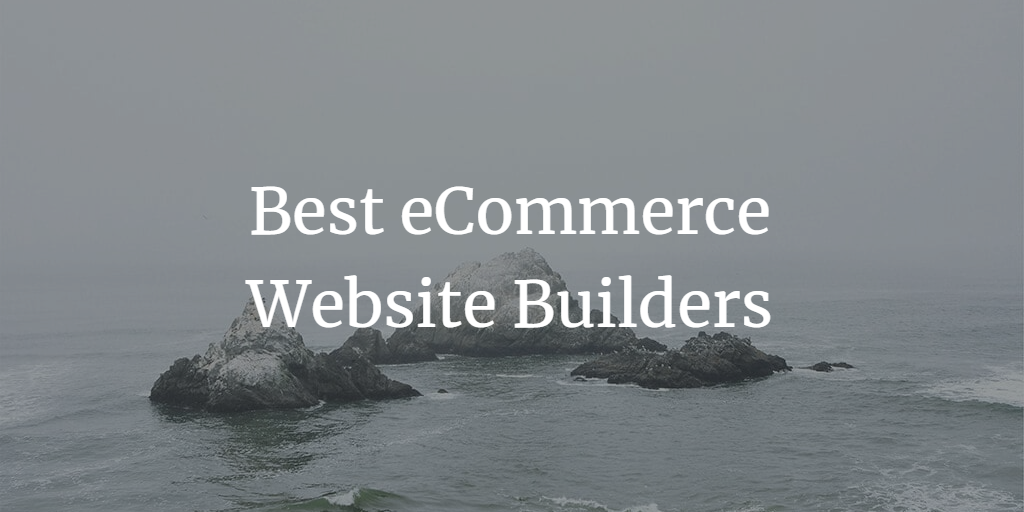7 Best eCommerce Website Builders to Try Out in 2023

Table of Contents
Introduction
Shopify
Wix
BigCommerce
Squarespace
WooCommerce
Magento
Weebly
Conclusion
1. Introduction
Choosing the right eCommerce website builder for your online store is crucial for its success. With numerous options available, it can be challenging to determine which platform best suits your needs. In this guide, we'll break down the top seven eCommerce website builders in 2023, comparing their features, ease of use, pricing, and more.
2. Shopify
Shopify is a leading eCommerce platform that has helped over a million businesses worldwide to create and manage their online stores. Known for its ease of use, Shopify offers a wide range of templates, a robust app store, and excellent customer support. With its comprehensive set of tools and scalable plans, Shopify is an excellent choice for businesses of all sizes.
Pros:
User-friendly interface
Extensive app store for additional functionality
24/7 customer support
Cons:
Transaction fees for non-Shopify payment gateways
Limited customization options for advanced users
3. Wix
Wix is a popular website builder that offers a powerful eCommerce solution for small to medium-sized businesses. With its drag-and-drop editor, extensive template library, and built-in marketing tools, Wix makes it easy to create a visually stunning online store without any coding knowledge.
Pros:
Intuitive drag-and-drop editor
Large selection of templates and design elements
Built-in marketing tools, such as email campaigns and social media integration
Cons:
Limited scalability for larger businesses
Fewer third-party integrations compared to competitors
4. BigCommerce
BigCommerce is a feature-rich eCommerce platform designed for businesses looking to scale quickly. With its robust set of built-in tools, advanced customization options, and seamless integrations with popular marketplaces and apps, BigCommerce is ideal for businesses that require a high level of flexibility and functionality.
Pros:
Comprehensive built-in features
Advanced customization options for experienced users
No transaction fees
Cons:
Slightly steeper learning curve
Some plans have sales thresholds
5. Squarespace
Squarespace is renowned for its beautiful, minimalist templates and user-friendly interface. While primarily known as a website builder, Squarespace also offers a powerful eCommerce solution that caters to small businesses and creative professionals looking to sell products or services online.
Pros:
Elegant, modern templates
Easy-to-use interface
Integrated blogging and SEO tools
Cons:
Limited third-party integrations
Not as feature-rich as some competitors
6. WooCommerce
WooCommerce is a popular, open-source eCommerce plugin for WordPress. With its extensive customization options, large user community, and thousands of plugins, WooCommerce is an excellent choice for businesses already using WordPress or looking for a highly customizable eCommerce solution.
Pros:
Highly customizable and flexible
Large user community and plugin ecosystem
Seamless integration with WordPress
Cons:
Requires more technical knowledge compared to other platforms
Additional costs for hosting, SSL certificates, and premium plugins
7. Magento
Magento is a powerful, open-source eCommerce platform geared towards larger businesses and enterprises. With its advanced features, extensive customization options, and scalability, Magento is a popular choice for businesses looking for a robust and flexible eCommerce solution.
Pros:
Highly customizable and scalable
Wide range of features and extensions
Strong community support
Cons:
Requires technical knowledge to set up and manage
Higher cost of ownership due to hosting, development, and maintenance
8. Weebly
Weebly, acquired by Square in 2018, is an easy-to-use website builder with built-in eCommerce functionality. With its simple drag-and-drop editor, affordable pricing plans, and seamless integration with Square's payment processing system, Weebly is a solid option for small businesses looking to create an online store on a budget.
Pros:
Intuitive drag-and-drop editor
Affordable pricing plans
Seamless integration with Square payment processing
Cons:
Limited features compared to other platforms
Fewer design options and templates
9. Conclusion
Selecting the right eCommerce website builder for your online store is essential for your business's success. Take the time to research and compare these seven top platforms to determine which one best meets your needs, budget, and long-term goals. With the right eCommerce solution in place, you'll be well on your way to launching a successful online store and growing your business in 2023.


